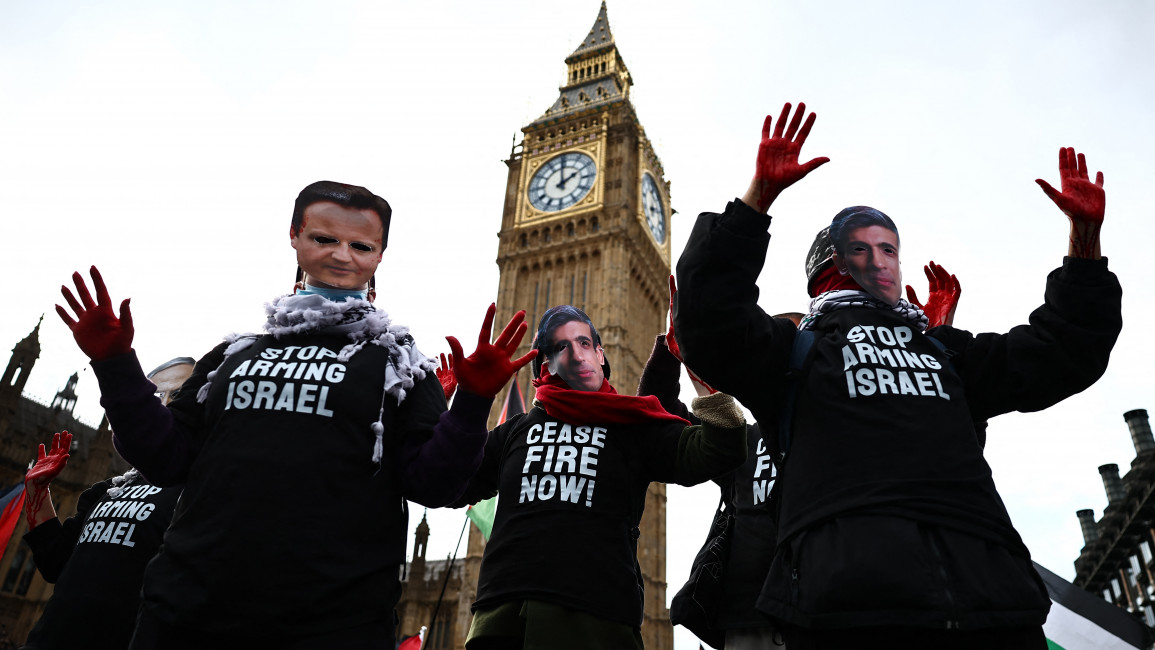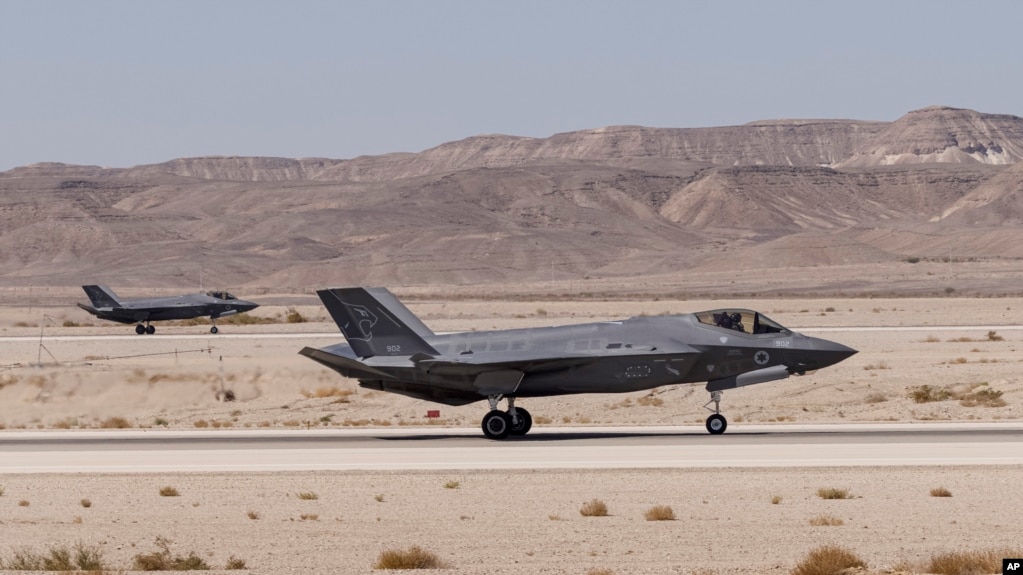‘Paraglider’ images at pro-Palestinian march were peace symbols, court told
A lawyer representing two of the defendants has claimed police have been fed a narrative by partisan social media groups
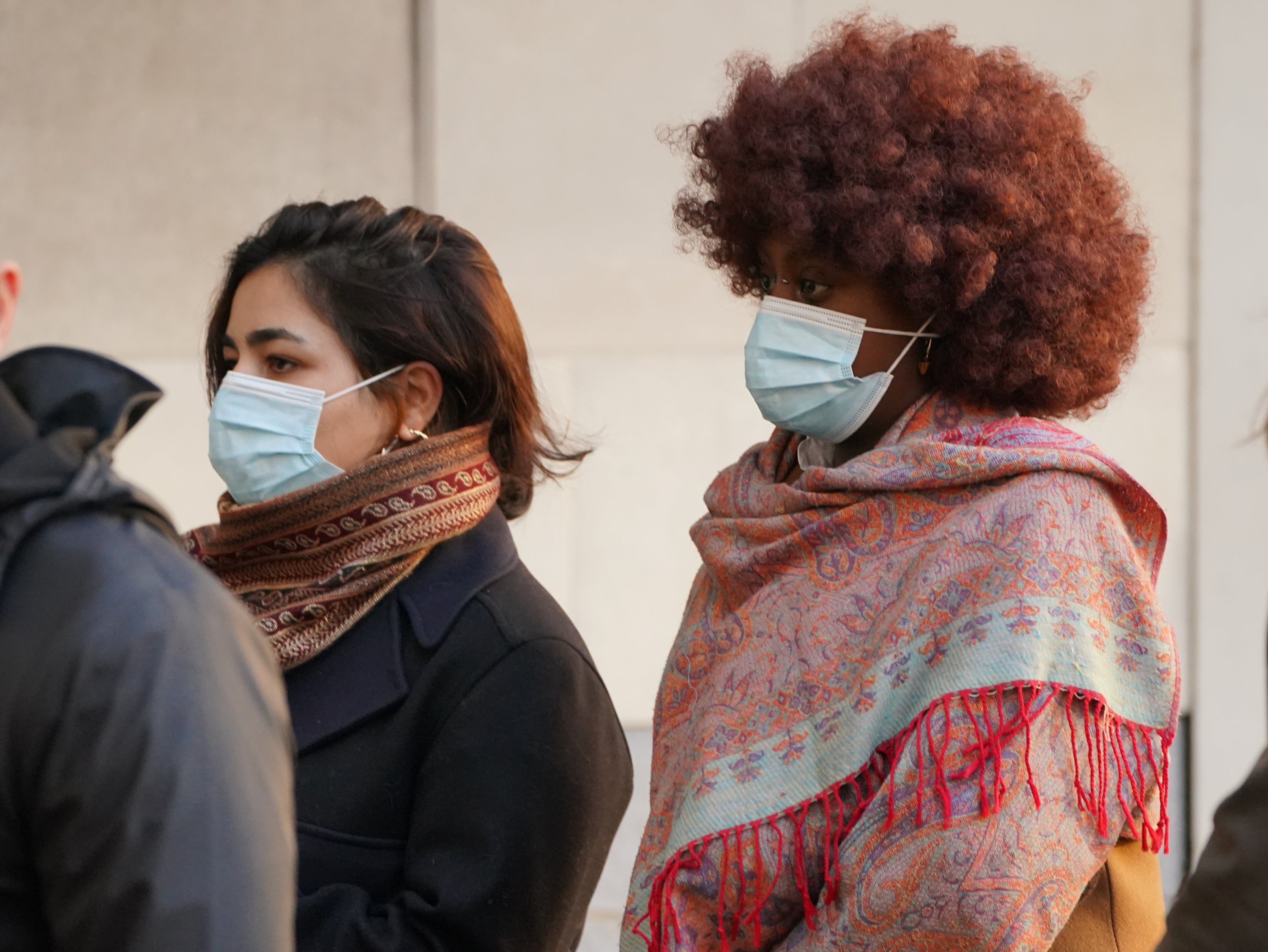
Three people accused of showing images of paragliders at a pro-Palestinian march were actually displaying a “cartoon parachute” used as a “symbol of peace”, lawyers have claimed.
Heba Alhayek, 29, and Pauline Ankunda, 26, are accused of attaching images of paragliders to their backs, while Noimutu Olayinka Taiwo, 27, is said to have stuck one to the handle of a placard – just seven days after militants from Hamas used paragliders to enter Israel from Gaza on October 7.
But a lawyer representing two of the defendants has claimed police have “mistaken” what they saw that day, and have been fed a narrative by partisan social media groups.
Mark Summers KC, representing Alhayek and Ankunda, said: “A parachute isn’t a paraglider.”
The suggestion that the image was a paraglider started with “an internet group with an agenda”, who circulated it on social media, he said.
Mr Summers continued: “[A parachute] is a well known nationalist symbol of peace.
“The police have mistaken what they have seen that day.
“Police have taken the narrative that’s been fed to them and brought it blindly to your door.”
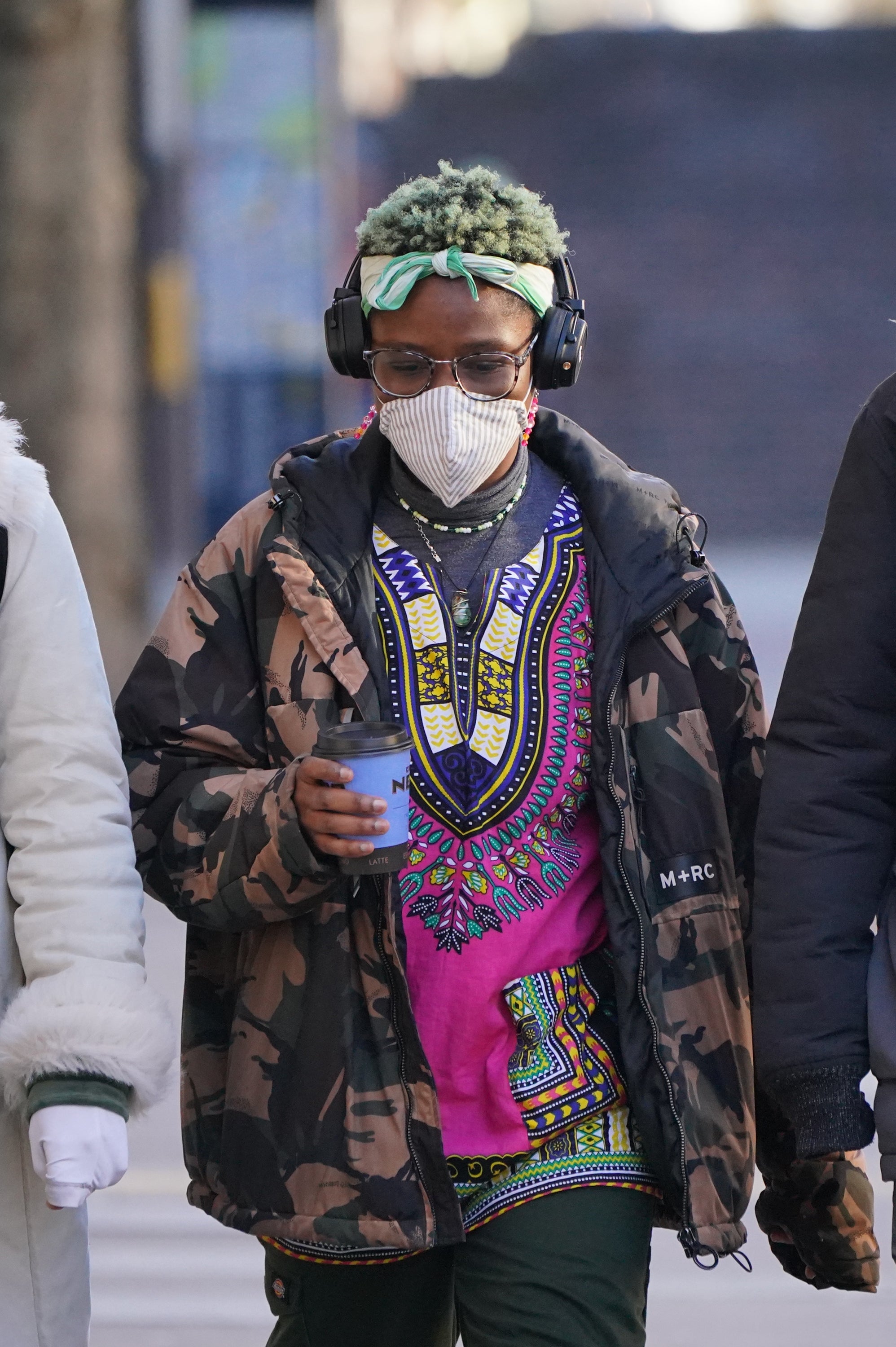
Giving evidence on Monday, former journalist Victoria Brittain, who is a patron of the group Palestine Solidarity, claimed a parachute was a “typical Palestinian symbol of flight and escaping prison”.
Ms Brittain, who was present at October’s demonstration, said balloons and kites had also been used with the same meaning.
But when questioned by the prosecution, she admitted she had not seen any images of parachutes at the march.
The trio displayed the images on October 14 2023, prosecutors allege, just seven days after militants from Hamas used paragliders to enter Israel from Gaza on October 7 before killing more than 1,000 Israelis.
Hamas is banned as a terror organisation in the UK.
The defendants’ display of the images was widely condemned when footage of the demonstration was published on social media, their trial at Westminster Magistrates’ Court was told.
After the Metropolitan Police launched a social media appeal to find them, Alhayek and Ankunda handed themselves in to Croydon Police Station, the court heard.
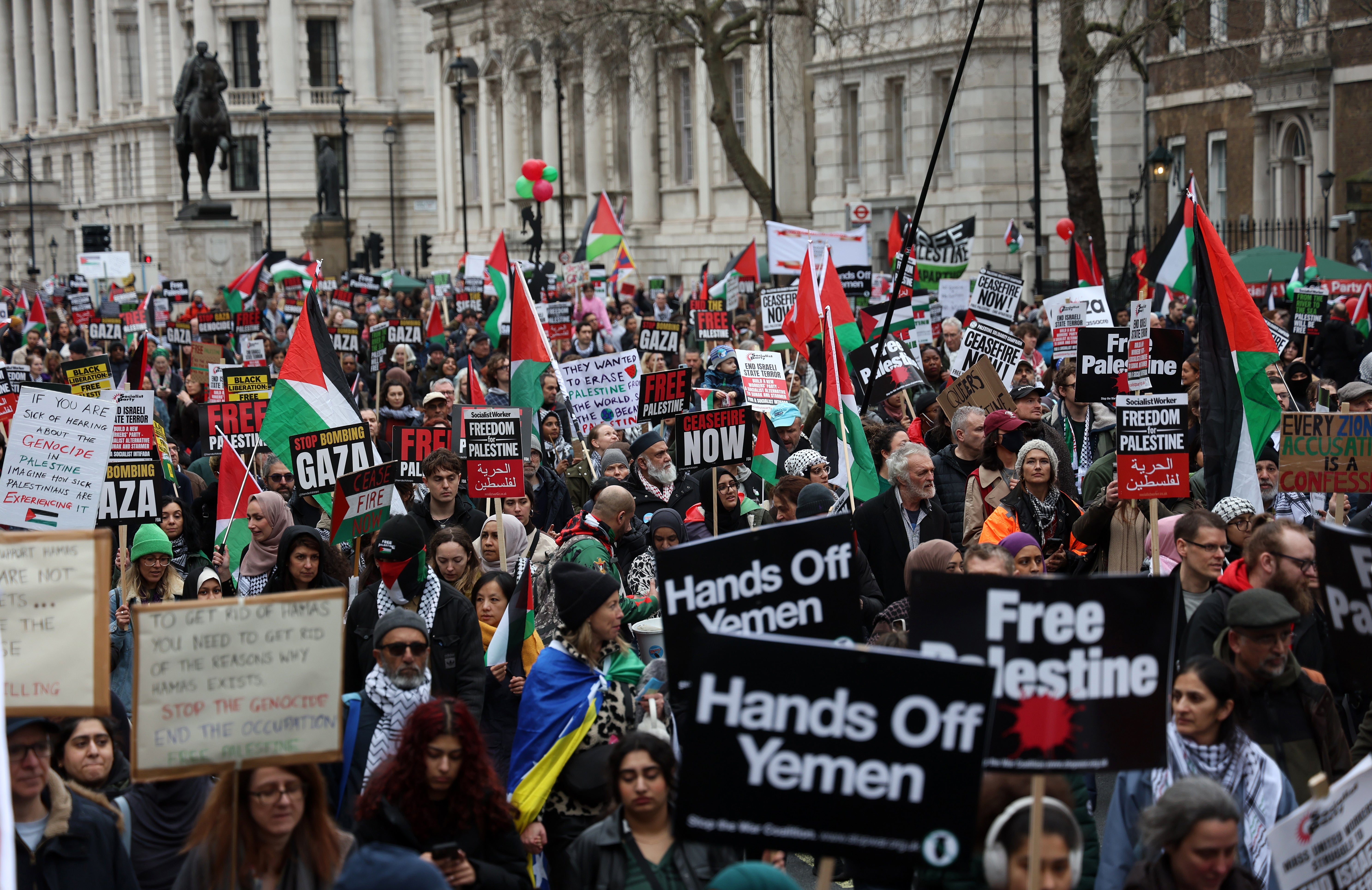
In a police interview, the pair initially claimed someone at the demonstration “who was not known to them” had stuck the images to their backs, before changing their statements, admitting they had attached them themselves, the court was told.
When arrested and interviewed under caution, Taiwo claimed to have been handed the placard and not paid proper attention to the “blurry image” it displayed, the court heard.
Closing the prosecution case, Brett Weaver told the court: “Their reaction was firstly to lie and then to retract that denial.
“[Parachutes have] no obvious association with freedom or liberation.
“It’s no coincidence that the defendants were displaying the images a week after the attack… no coincidence that the images they had related to the methods that Hamas used.
“There’s a clear nexus between the images displayed and the events of October 7.”
The three defendants deny the charges.
The trial continues.
